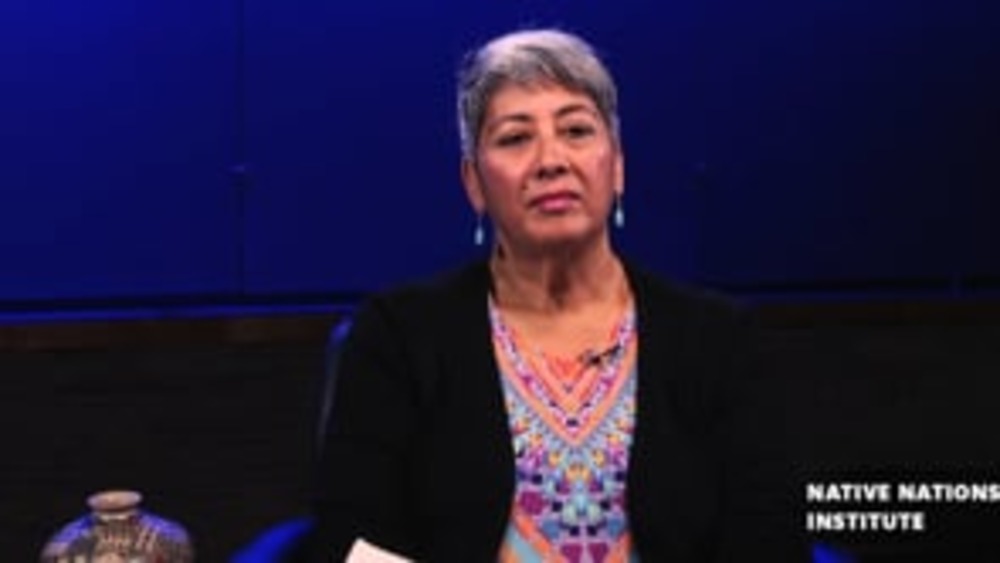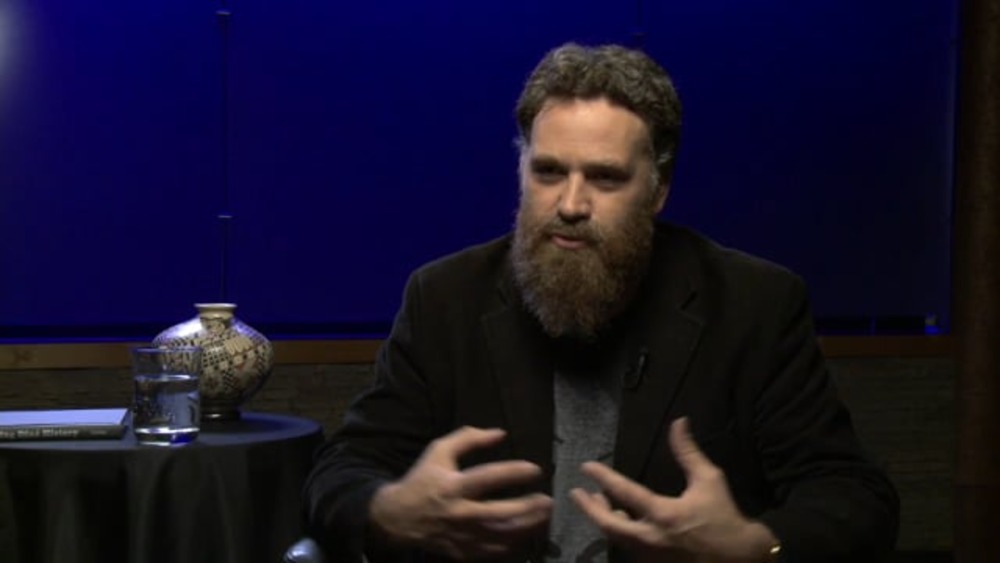Jason is a Fulbright scholar in the US from August 2019 to January 2020 visiting the Native Nations Institute (Aug-Oct) at the University of Arizona and the Woods Institute for Environmental Policy at Stanford University (Oct-Jan). Jason is an Indigenous entrepreneurship researcher from Massey University’s School of Management in Aotearoa New Zealand. Jason completed his PhD in Māori entrepreneurship in 2015. Jason’s research interest centers on how Indigenous entrepreneurs balance cultural and commercial imperatives in multiple sites, sectors and scales, including marine economies, agribusiness, tourism, regional and national economies. In this short NNI interview he gave his insights on the ways Māori Governance works with their economies and the differences he noticed between the Native nations making economies work in the United States and Māori economies.
Additional Information
Native Nations Institute. "Jason Mika: Maori Governance and Maori Economy" Native Nations Instititue, University of Arizona. Tucson, Arizona. August 7, 2020.
Transcript
Transcript available upon request. Please email: nni@email.arizona.edu


